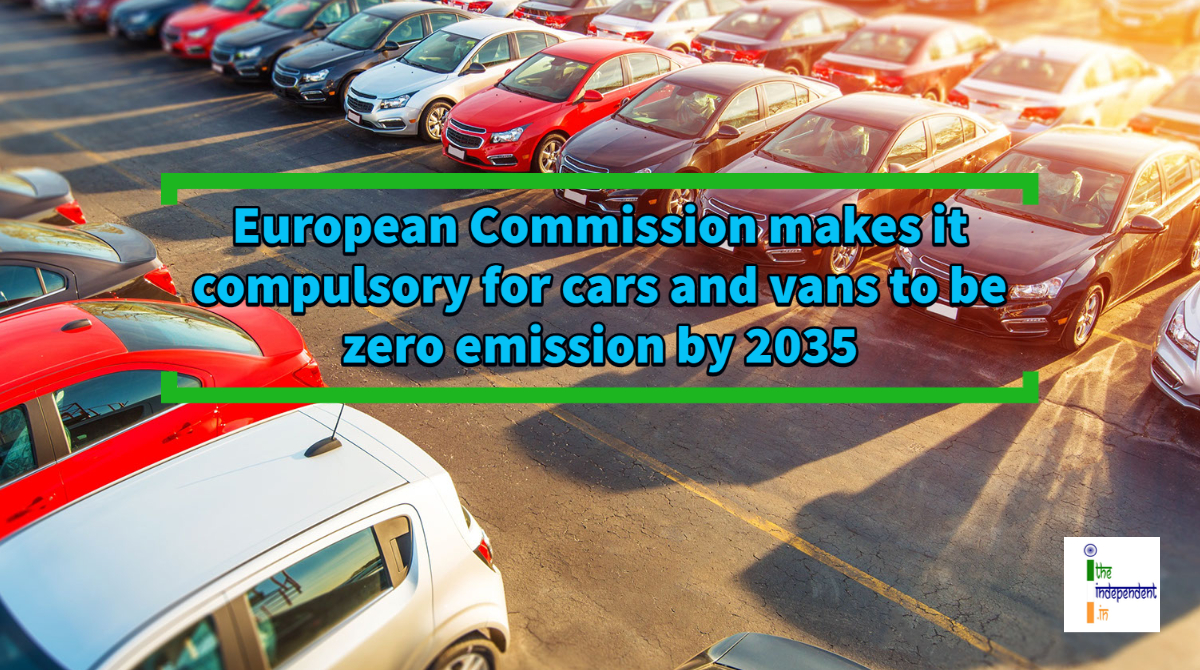
European Union struck a deal on Thursday on a law to effectively ban the sale of new petrol and diesel cars from 2035
The European Commission has welcomed the agreement reached between European Parliament and European Council ensuring all new cars and vans registered in Europe will be zero-emission by 2035.
The new CO2 standards will also require average emissions of new cars to come down by 55% by 2030, and new vans by 50% by 2030. This agreement marks the first step in the adoption of the ‘Fit for 55′ legislative proposals tabled by the Commission in July 2021 and demonstrates ahead of COP27 the EU’s domestic implementation of its international climate commitments.
Taking it to twitter, the President of European Commission – Ursula von der Leyen tweeted,
Today’s political agreement between @Europarl_EN and @EUCouncil on zero emission new car sales as of 2035 is a crucial milestone to reach our 2030 climate target.
— Ursula von der Leyen (@vonderleyen) October 27, 2022
It will boost innovation and ourindustrial & tech leadership.
I look forward to more #Fitfor55 agreements soon.
Speaking on the occasion, the Executive Vice-President for the European Green Deal – Frans Timmermans said, “The agreement sends a strong signal to industry and consumers: Europe is embracing the shift to zero-emission mobility. European carmakers are already proving they are ready to step up to the plate, with increasing and increasingly affordable electric cars coming to the market. The speed at which this change has happened over the past few years is remarkable. It is no wonder that this file is the first one in the entire Fit for 55 package where Member States and the European Parliament have come to a final deal.”
According to the bloc’s data, transport is the only sector where greenhouse gas emissions have increased in the past 30 years, rising 33.5% between 1990 and 2019. Passenger cars are a significant polluter, accounting for 61% of total CO2 emissions from E.U. road transport.
The European Commission wants to accelerate the production and sale of low-and zero-emission vehicles and put road transport on a firm path to climate neutrality by 2050. This new legislation will make the European Union’s (E.U.’s) transport system more sustainable, provide cleaner air for Europeans and marks an important step in delivering the European Green Deal.
It showcases E.U.’s continued vision of working towards its climate goals and shows that Russia’s war of aggression in Ukraine is not slowing down the clean energy transition. E.U. is accelerating it’s work and making progress to become the world’s first climate neutral continent by 2050.
Going ahead, the new provisional agreement will require formal adoption by the European Parliament and the European Council. Once this process is completed, the new legislation will be published in the Official Journal of the E.U. and enter into force.







